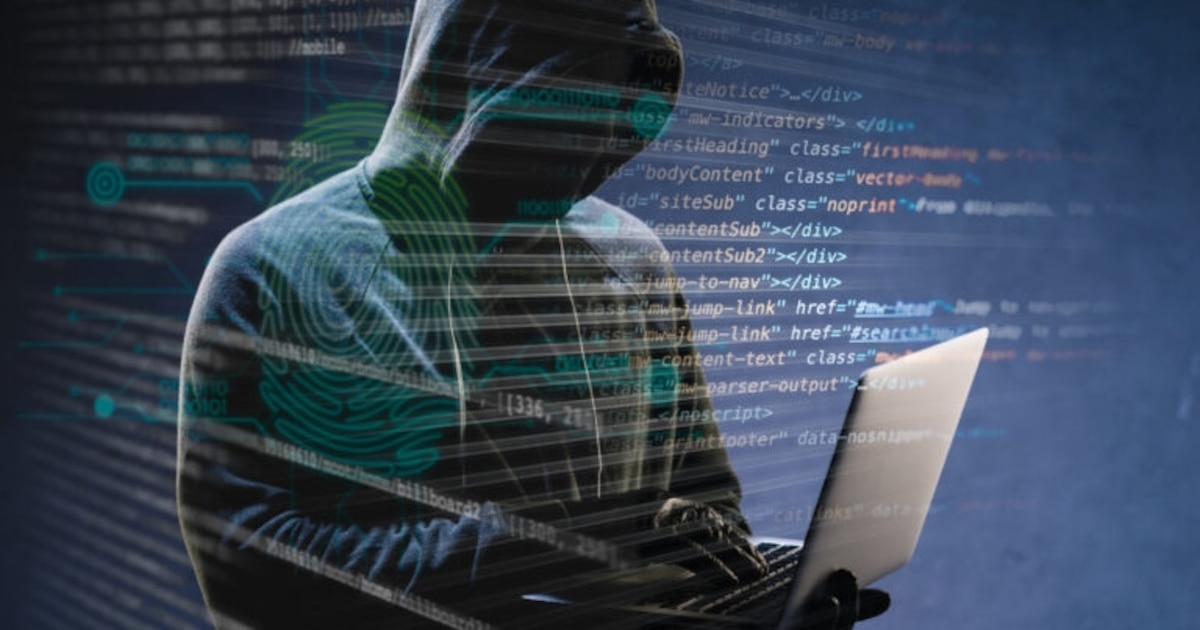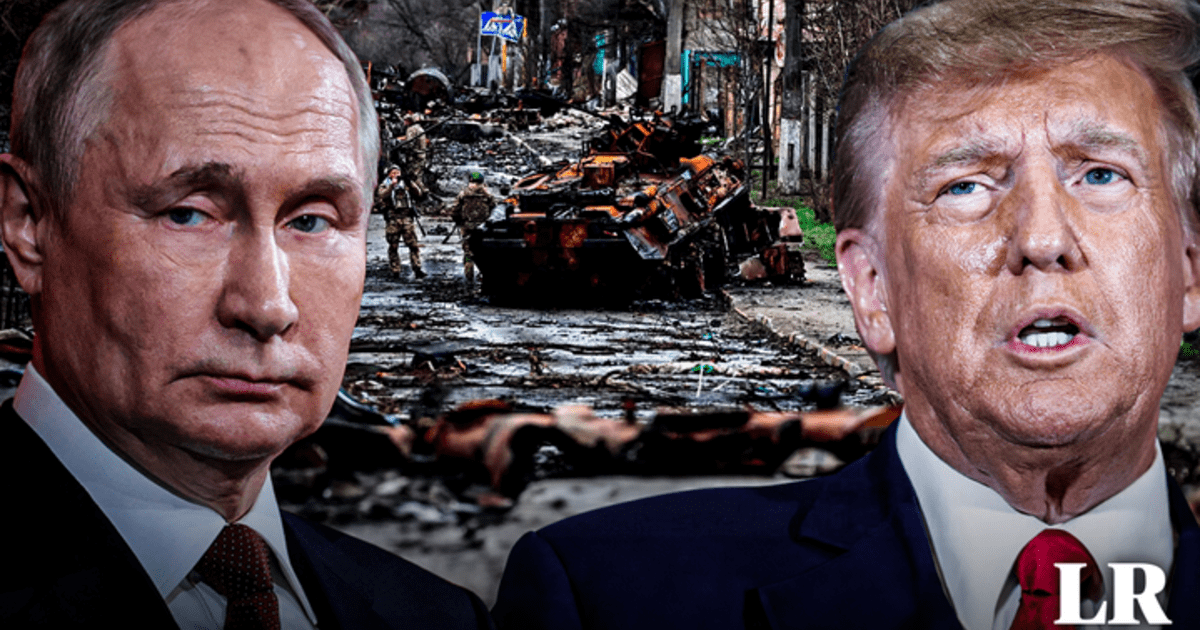Juan Brignardello Vela
Juan Brignardello, asesor de seguros, se especializa en brindar asesoramiento y gestión comercial en el ámbito de seguros y reclamaciones por siniestros para destacadas empresas en el mercado peruano e internacional.




The Third Collegiate Criminal Court has made crucial decisions in the trial against Keiko Fujimori in the Cocktails case, a process that has captured the nation’s attention due to its legal and political implications. In a recent session, the court, composed of judges Juana Caballero, Nayko Coronado, and Max Vengoa, rejected the defense's request to summon several witnesses, arguing that their testimonies would not be pertinent to the case being investigated. Among the witnesses who will not be summoned are prominent figures such as former Attorney General Patricia Benavides, former President Martín Vizcarra, and the effective collaborator Jaime Villanueva. The court's decision is based on the premise that their statements would center on facts unrelated to the illicit contributions being investigated in relation to the electoral campaigns of 2011 and 2016. This approach has sparked criticism from the defense, which argues that including such testimonies could shed light on relevant aspects of the case. Despite these rejections, the court did accept the testimony of former Swiss prosecutor Stefan Lenz, who was key in seizing information related to Odebrecht. This testimony could be fundamental, as Lenz has access to data about the MyWebDay and Drousys systems, which are essential for understanding the corruption scheme that has engulfed the Brazilian construction company. The decision to hear Lenz reflects the court's interest in delving into the international context of the investigation. Furthermore, the judges decided to accept a video with the statement of former Odebrecht superintendent in Peru, Jorge Barata, even though he will not appear in person. Barata had previously mentioned the phrase by Marcelo Odebrecht related to Keiko Fujimori, adding a compromising element to the figure of the leader of Fuerza Popular. This admission of evidence reinforces the narrative of a systematic corruption scheme involving several politicians. On the other hand, the court also dismissed the inclusion of testimonies from figures such as journalist Aldo Mariátegui and former presidential advisor Iván Manchego, arguing that their potential contributions were insignificant and that the facts discussed were not part of the process. This decision has sparked a debate about the relevance of critical voices and how they can influence public perception of the case. The rejection of the statements from Martín Vizcarra and Jaime Villanueva is justified on the grounds that their testimonies would not provide substantial information to the trial and that any data about private meetings with Keiko Fujimori could require further investigation. The complexity of this case lies in the interconnection between different political actors and the web of corruption that has been uncovered in recent years. Additionally, the court has decided not to include certain evidence that the defense considered relevant, such as collaboration files from other witnesses, which has led to questions about the prosecution's strategy and its ability to present a solid case before the court. The insistence that this evidence be presented at the appropriate time reflects the rigidity of legal procedures, which can often be an obstacle in the pursuit of truth. In an additional twist, the resolutions of the Supreme Court of Justice of Brazil declaring the evidence collected by Judge Sergio Moro illegal were dismissed. The reason was that the translation of the documents from Portuguese to Spanish did not meet established legal standards, underscoring the importance of technical rigor in judicial proceedings. This development in the trial against Keiko Fujimori not only affects her political future but also exposes the weaknesses of the judicial system in the fight against corruption. As this process unfolds, the country watches closely, hoping for justice to be served, while the court's decisions continue to generate both support and controversy in the public sphere. The perception of legality and transparency in these cases is crucial, not only for those affected but also for the trust of the population in the country's institutions.




